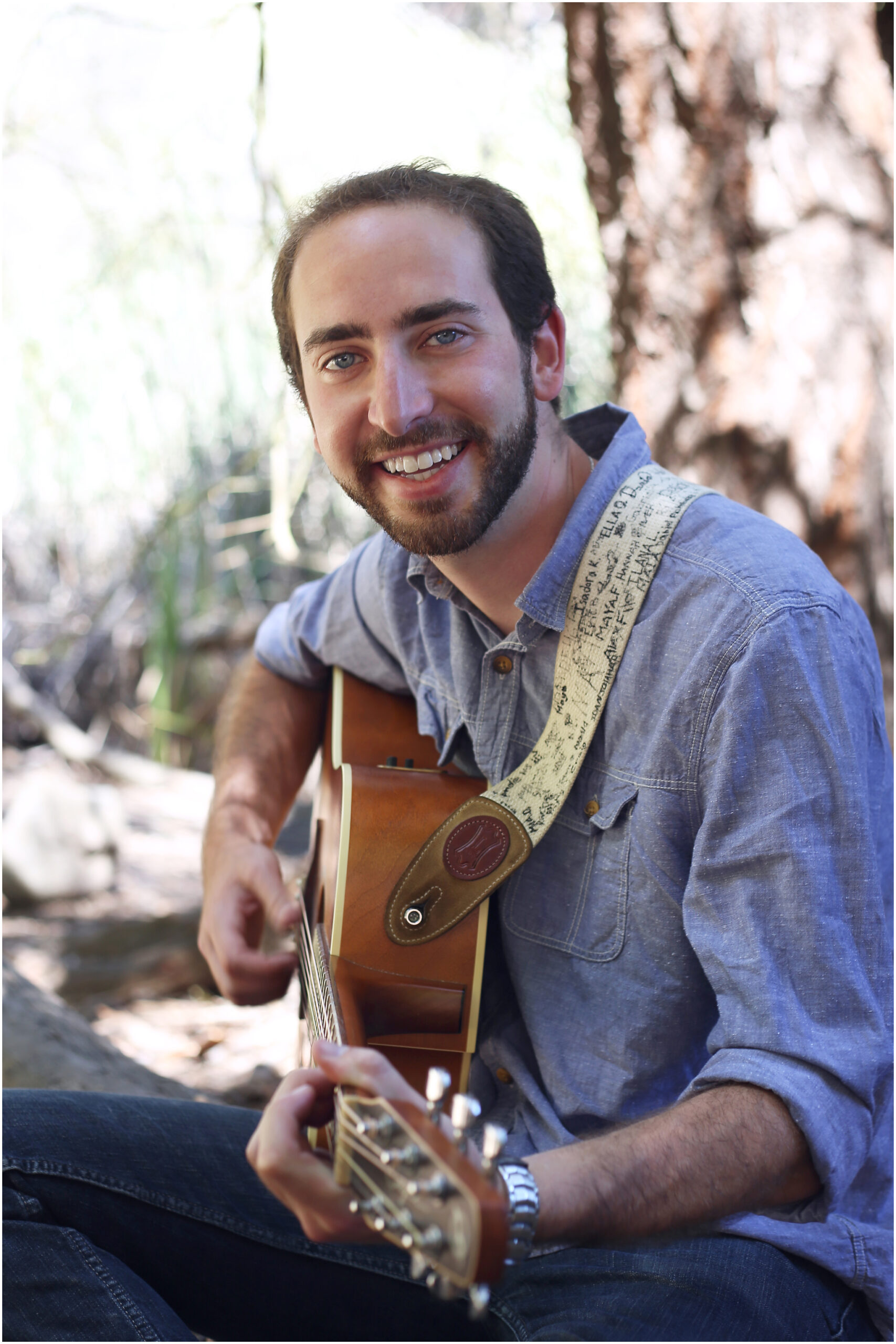Please enjoy a d’var Torah this week from Rabbi Josh Warshawsky. A nationally touring Jewish musician, songleader, composer, and teacher of Torah, Josh travels to synagogues and Jewish communities across the country sharing his music and teachings on prayer. His newest album, “Chaverai Nevarech,” was a live album released in November 2018 along with a video series and teachings and is available anywhere you find your music.
Josh was ordained as a rabbi in May 2019 from the Ziegler School of Rabbinic Studies in Los Angeles. He is on the faculty of Songleader Boot Camp and leads the Ramah Shabbaton and the Ramah Chavurah. Josh has spent the past 19 summers at Camp Ramah in Wisconsin, and the last six summers teaching and performing at Ramah camps across the country. Josh is originally from Deerfield, and, after a decade in New York, Los Angeles, and Israel, Josh is proud to once again call Chicago his home.
Shabbat in the Garden: Reflections on Parashat Ki Tavo
by Rabbi Josh Warshawsky
“There’s a land that I see, where the children are free, And I say it ain’t far to this land from where we are.” These iconic lines from my Solelim musical, Free to Be You And Me, echo the opening words of this week’s Torah portion: “V’haya ki tavo el ha’aretz…” “When you enter the land…” The people of Israel are right on the precipice of realizing their collective dream: entering the land of Israel. But our Hassidic commentators do not want to view this as solely a physical achievement. The Netivot Shalom, Rabbi Shalom Noach Berezovsky, adds a word to this verse. He says, “Ki tavo el ha’aretz ha’elyonah.” “When you reach that higher plane.” He explains that Israel is not just arriving at a physical place but a spiritual one as well. And what is that spiritual “land”? It is Shabbat.
To prove his point, Rav Berezovsky brings a beautiful midrash from Genesis Rabbah on the verse, “Vayanichuhu b’gan Eden” “And God placed him (Adam) in the Garden of Eden”. He says:
God gave Adam and Eve the Mitzvah of Shabbat, as it says, “and God rested on the 7th day.” We can understand from this that God did not pick Adam and Eve up and place them in the Garden of Eden, but rather that in the very place where they were God gave them Shabbat, which WAS Eden.
Transitioning from the rest of the week into Shabbat is like completing a long journey, dusty and dirty, wet from the rains and chilled to the bone from the weather outside, tired and thirsty. And then arriving at the most glorious and beautiful hotel on the road, filled with light and warmth, where you can change your clothes, eat and drink to your fill, and regain your physical and soul strength along your way.
This is how the Netivot Shalom described Shabbat. Shabbat is a respite, a momentary pause to re-energize and refresh along our tiring journey through life. It must work on us, softening our hard spots, easing our tension. It must “Mei’eiden,” “Eden-ify” our psyche and our spirit so that it can last us through the rest of the week.
This Shabbat in particular has a dual need to re-energize us, as it leads us into Selichot, a late-Saturday-night service filled with petitionary prayers leading up to Rosh Hashanah and Yom Kippur. These prayers allow us to pause and reflect on the choices we have made, and the steps that have led us to this point in our lives.
And so we pause and enter into Shabbat. Just as the people of Israel paused on their physical journey into the promised land, so we too must pause as we journey towards our spiritual home. As we begin Shabbat wherever we are, allow yourself to feel its warmth. Allow yourself to relax, to let go of the tension of the week, of the year, and let Shabbat work its “Eden” magic.
Shabbat Shalom.






